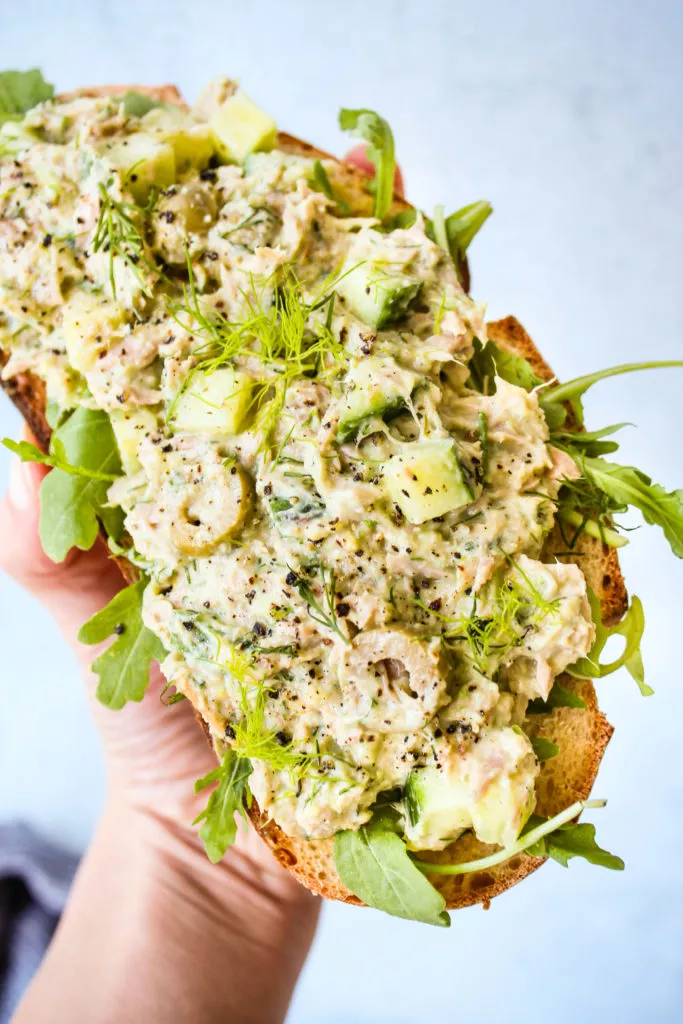
Food Neutrality: Nutrition 101
- Category: Nutrition
What if we could re-frame the way we’ve been taught to think about dieting?
The first step is to not look at it as a diet; look at your way of eating as a lifestyle. Diets are not permanent; they are temporary fixes that often result in gaining the weight back (and more often than not, gaining the weight back plus a few extra new pounds).
Another essential thing to remember is that, just as with training, nutrition also needs to be periodized. What does this mean? Well, you cannot remain in a caloric deficit permanently. The body is much more intelligent than most give it credit. I discuss this often and will continue to harp on it because it is a VERY important point that many people choose to ignore. The longer you run a deficit, the more likely your metabolism is to down-regulate to protect itself and conserve energy. So put an end to the constant dieting!
Eating healthy can still taste good. I promise you! The nutrition field is constantly evolving with new research and approaches.
While knowledge and desire to learn is something that I think every great coach should bring to the table, I wholeheartedly believe that nutritional knowledge means nothing without communication and compassion. I have worked with several top nutrition coaches, but I always felt that one huge factor was missing in my relationships with them: communication. While I was excited to be in the hands of “the best,” I generally found myself feeling a bit lost and alone.
We live in a day and age where food is plentiful. In some ways, that makes us incredibly lucky; we likely will never have to face famine or food scarcity within our lifetime. However, having so much food around us at all times can create a slew of entirely different issues, such as food addiction and emotional eating.
There are various reasons why certain people might lack self-control with food. Perhaps one of the most glaringly obvious reasons is that people tend to associate food with comfort from stress, anxiety, depression, frustration, anger, etc. Certain foods absolutely do have addictive properties, causing a release of both serotonin and dopamine in the brain, which can provide temporary feelings of relief from difficult emotions. Furthermore, we can’t simply “not eat.” Alcoholics can quit drinking and stop placing themselves in situations that involve alcohol. Drug addicts can do the same with drugs. Food addicts, by contrast, can’t do that. People need food to live, so facing issues with food addiction, binge eating, and emotional eating can be much trickier.
When it comes to mindless eating, we tend to reach for our forks out of psychological hunger more so than physical hunger. We’re often trying to fill a void with food because we’ve been conditioned to associate food with comfort and reward. Think about it: We reward children with a bowl of ice cream or a piece of cake for finishing their vegetables. We give sweet treats to kids to comfort them when they feel sad or anxious.
Binge eating and emotional eating behaviors are quite common, and they’re nothing to be ashamed of. Now that the cat’s out of the bag, let’s talk about some tools that you can use to stop yourself from feeling out of control with food.
Let’s break down some basics of nutrition. If I were to summarize my own personal food philosophy based on peer-review research and what I’ve seen work for clients and myself, it’s all about taking a balanced and flexible approach to what we eat. What does that mean?
Metabolism: We are going to break it down to the simplest definition via Merriam Webster
Dictionary: the chemical changes in living cells by which energy is provided for vital processes and activities and new material is assimilated.
- So what does metabolism mean when it comes to “Flourish and Thrive”? When we are discussing metabolism within the context of this program, we are talking about the efficiency at which your body turns the substances you digest into energy
Basal Metabolic Rate: The number of calories that your body needs in order to perform life-sustaining functions; breathing, blood circulation, temperature regulation
- This comes into play because building muscle does help increase your BMR due to the fact that it takes more energy to maintain more muscle
- RMR (Resting Metabolic Rate) also includes energy expended by digestion and other non-exercise activity movements
- So why in the world do we need to know about Metabolism, BMR, and/or RMR if I don’t want you to meticulously track your calories?
- First, there is no such thing as too much information
- Second, it is always important to be aware of the different variables at play. Knowing that your body is burning calories solely to function should help ease your mind a little when/if I suggest you increase your food intake!
Related Posts

At the heart of my coaching philosophy lies effective communication. I’m here to address all your questions and ensure that you not only feel confident in our journey together but also understand the rationale behind each step we take.
Welcome to the Ultimate Wellness Program
Wellness is more than just a fleeting trend; it is a lifelong journey that requires a holistic approach encompassing nutrition, exercise, and mindset.


